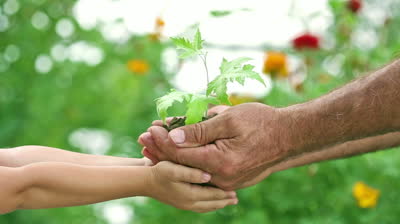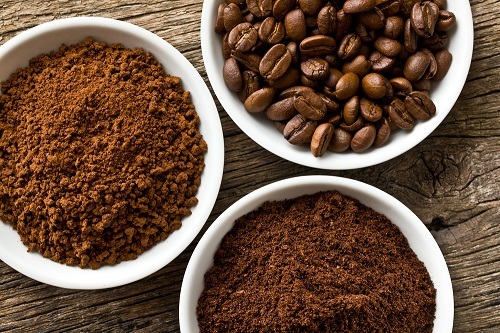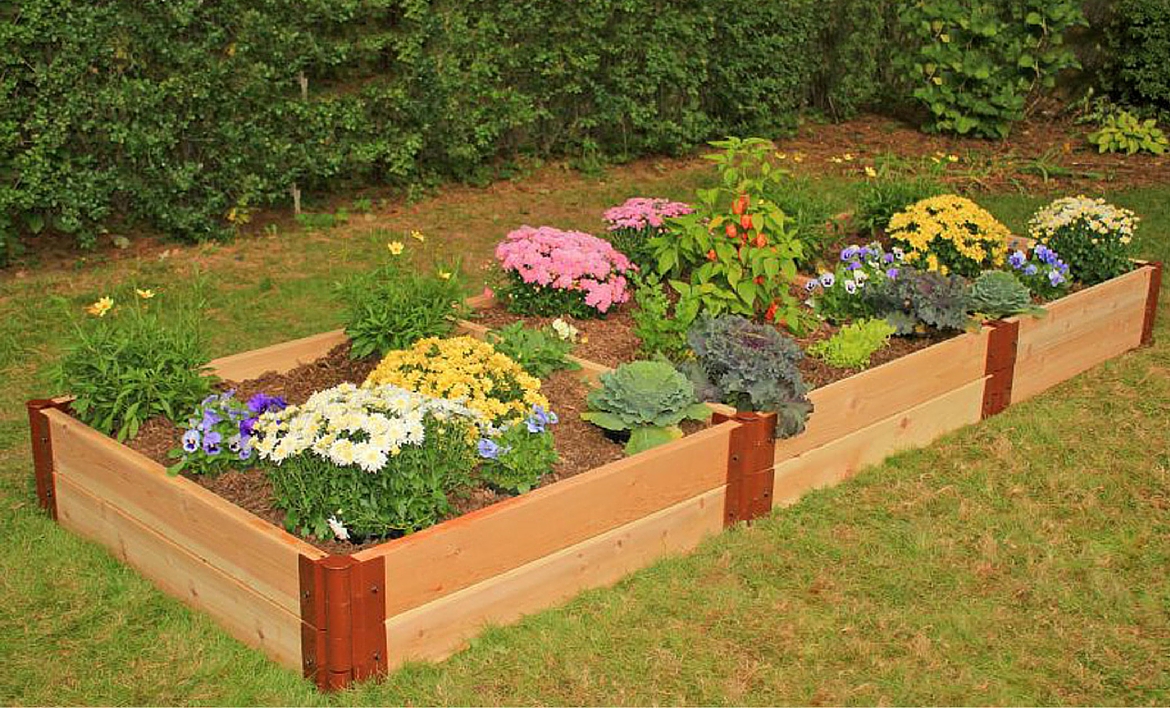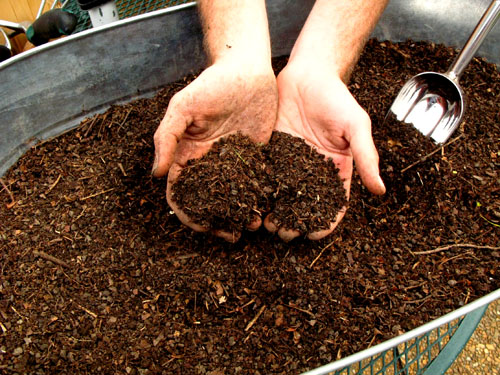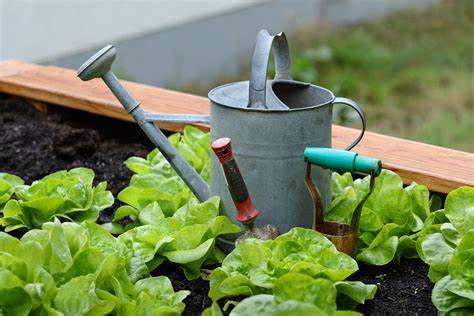Whether you’re a seasoned horticulturalist or just planning out your first foray into gardening, I am sure today’s #FoodWasteFriday lifehack will pique your interest! Read on to discover the many uses of coffee grounds for our gardens!
A Green…and Caffeinated Thumb?
Coffee grounds contain a multitude of minerals beneficial to plant growth. This includes calcium, magnesium, nitrogen, potassium, phosphorous and some micronutrients. The amount of these nutrients varies depending on the type of coffee bean. As plants grow, they absorb nutrients from the soil through their roots. Coffee grounds can therefore be used in fertilizer to benefit plant health due to their mineral content. They can improve soil health by improving air circulation and the soil’s ability to hold water. Furthermore, they can also help drain surplus water. Coffee grounds can absorb harmful heavy metals present in some soils too.
Compost away!
Those of us who like to make our own compost can also make use of coffee grounds too! Compost utilises any discarded organic material. An example of this would be something like vegetable peel that decomposes over time. This process creates mineral-rich matter that is ideal for plant growth.
Nitrogen is what classifies used coffee grounds as “green” compost rather than “brown”, despite their colour. Examples of green compost include grass cuttings, veg/fruit scraps and even seaweed! Brown compost items include bark, dried leaves, straw, cardboard and paper. Paper coffee filters can also be composted. Be sure to check that they are not a plastic blend too. Shred paper coffee filters for quicker decomposition.
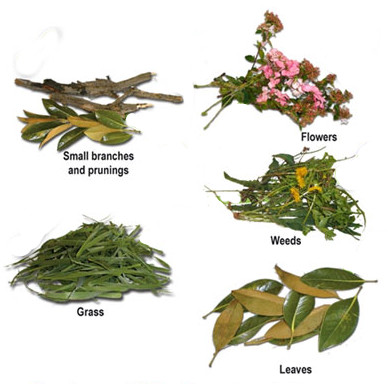
An ideal compost heap will ensure a mixture of both green and brown compost. There is no exact ratio of green to brown compost. It will, of course, depend on your household waste.
Here is a general guide: add cooled coffee grounds to your compost bin at a ratio of 1/3 green compost, 1/3 brown compost and 1/3 coffee grounds.
Composting coffee grounds over time – a minimum of 3 months – encourages them to release their nitrogen to greater benefit your plants.
Studies also indicate that compost with coffee grounds tend to emit fewer greenhouse gas emissions. They can also produce better quality compost compared to compost without coffee grounds.
Getting Down and Dirty
It’s important to distinguish between fresh and used coffee grounds. Fresh coffee grounds are naturally acidic. As a result, they tend to benefit plants like azaleas, blueberries, hydrangeas and lilies. Some vegetables thrive in acidic soil. However, it’s recommended to not add them to tomatoes as the coffee grounds contain allelopathic chemicals. These chemicals unfortunately inhibit plant growth. Decomposed coffee grounds, like those in a compost heap, do not seem to have this problem.
Conversely, root veggies, such as carrots, potatoes and radishes, can benefit from fresh coffee grounds. This effect is most notable at the time of planting if you mix them with soil. Used coffee grounds are generally pH neutral and are, therefore, not acidic. They should be scattered with thought whilst observing the overall health of your garden and compost over time.
When scattering coffee grounds onto soil, only apply a thin layer. Less than two centimeters is ideal. A thicker layer is susceptible to becoming compact – this may inhibit air and water reaching the roots of your plants. So, cover the coffee grounds with mulch to encourage the release of nitrogen and general decomposition.
Coffee Grounds + Pest Control
The chemical compounds found in coffee grounds, such as caffeine and diterpene are said to be natural repellents to certain insects that feed on our plants. Research suggests they can repel beetles, fruit flies and even mosquitoes. Lightly scattering coffee grounds around and about plants can help deter these pests. They are also said to repel slugs and snails because of their chemical makeup. Additionally, the natural barrier that they form can also prevent insects from accessing the roots of plants.
Earthworms on the other hand love coffee grounds! They process all the food scraps in our compost heaps to churn out higher quality compost. This is because the compost contains beneficial enzymes and nutrients present in their digestive tracts.
Doing our bit
We have always been passionate about minimizing our food waste. So, using coffee grounds for our plants or compost is such an awesome tip. Those of us who might be coffee lovers, keen gardeners or just generally looking to do our bit for the Earth will like our Food Waste Friday posts on carrots and spices!
You can find us on Instagram, Facebook, Twitter & LinkedIn!
